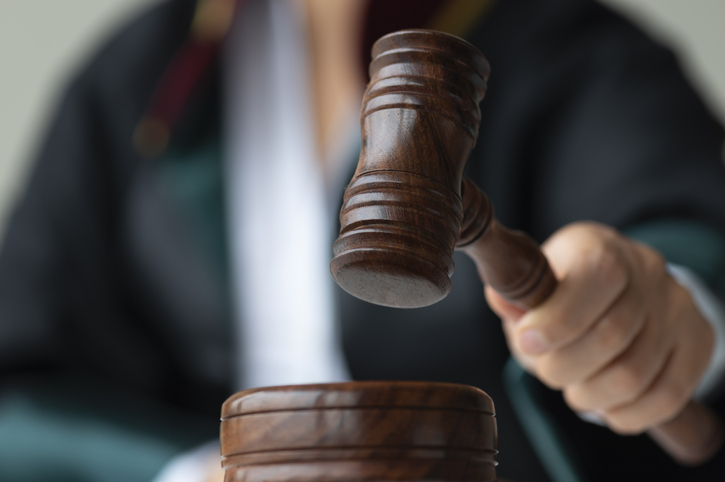Last week, Hunter Biden, son of President Joe Biden, along with his legal team, made their way into a courtroom, planning to finalize a plea agreement with the Justice Department. However, things didn’t go as planned, and the agreement fell through.
The younger Biden was set to plead guilty to two minor tax offenses and a misrepresentation on a firearm purchase application. All seemed set for the DOJ lawyers and Hunter Biden’s legal team to agree on the arrangement in court, but U.S. District Court Judge Maryellen Noreika refused to simply approve the deal without scrutiny.
Why did this happen?
According to Mike Howell, who leads the Oversight Project at The Heritage Foundation, the proposed plea deal granted the president’s son a broad “shield from future prosecution.” When asked whether he’d still agree to the deal if this immunity clause was removed, Hunter Biden responded with a resounding “no,” reports Howell, whose comments were shared via The Daily Signal, The Heritage Foundation’s news platform.
The Justice Department’s offer appeared to include a pass against any prospective charges, in Howell’s view.
In “The Daily Signal Podcast,” Howell discusses the role his project played in exposing the plea deal details, and he speculates on what might be coming next for Hunter Biden.
Below is a selection from the transcribed podcast interview:
Interviewer Virginia Allen began by welcoming Mike Howell, describing his role at the Oversight Project of The Heritage Foundation. When asked to elaborate on his work, Howell explained that the Oversight Project is a proactive initiative aimed at uncovering and investigating irregularities in governance. He also noted the significance of harnessing information laws, like the Freedom of Information Act, to expose the truth.
Discussing the recent Hunter Biden case, Allen shed light on the revelations about the proposed plea deal and its fall through. Howell clarified that Hunter Biden was facing two tax evasion charges and a firearms offense. However, the pressing concerns for many Americans are the allegations about international profiteering schemes, with potentially adverse impacts on the U.S., involving the President himself.
The proposed plea deal, Howell suggested, aimed to grant Hunter Biden immunity against future prosecution related to these broader allegations, an aspect that The Heritage Foundation brought to the attention of the presiding judge.
When asked about the atmosphere in the courtroom, Howell recounted the realization that the DOJ and Hunter Biden’s lawyers seemed to be collaborating to ensure a quiet resolution to the case rather than presenting adversarial arguments, as expected. This revelation led to the rapid unraveling of the deal.
In terms of future proceedings, Howell anticipates three potential paths, with the likeliest being an attempt to negotiate a new plea agreement that would meet the judge’s approval without the problematic immunity provision. If this doesn’t work out, other drastic measures could include dropping the charges altogether or a presidential pardon for Hunter Biden, which would undoubtedly ignite a political firestorm. Regardless of the route taken, Howell assured listeners that his team would remain vigilant in their pursuit of accountability and transparency.





